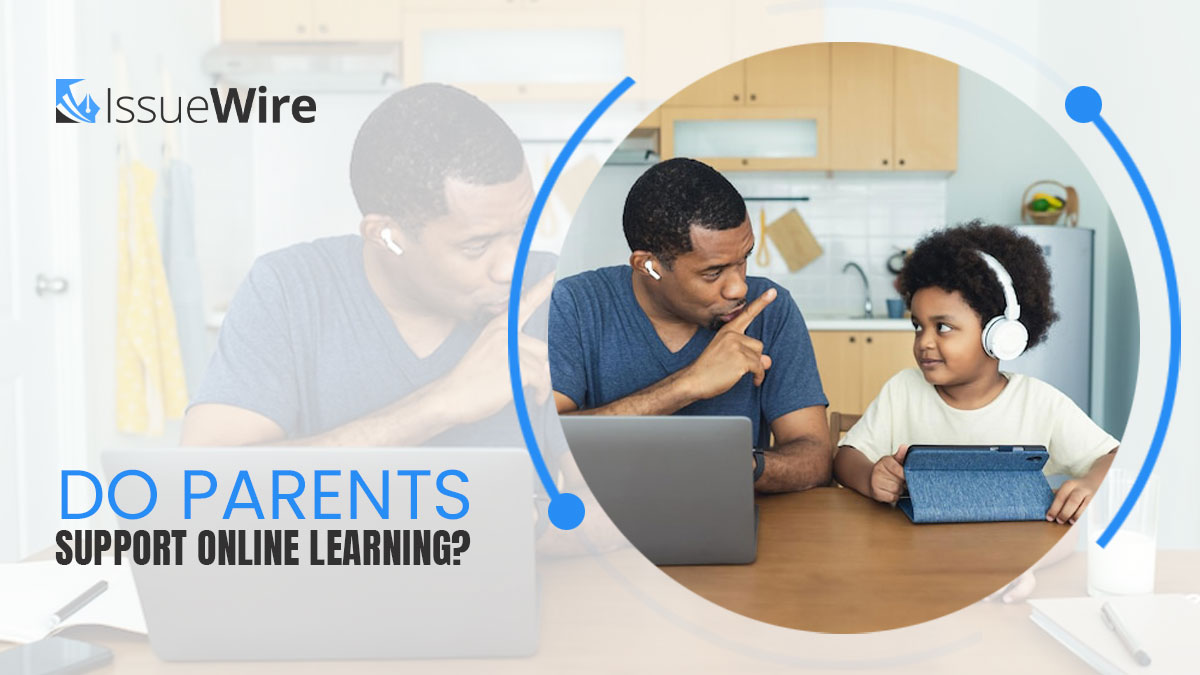Online learning opportunities are becoming more popular day by day, especially after the COVID-19 pandemic. Currently, it is on its way to becoming a necessity as more and more educational institutes are encouraging young students to take an interest in eLearning. So if you are still doubtful of the process, you might become a hurdle in the way of your child's new way of education. So not understanding the concept should not be the reason to keep your children away from the many proven benefits of online learning. Let's move on to the tips that will help you guide and support your children in their eLearning journey.
1. Become a Learning Coach for Your Child
Children, especially if they are young, cannot take the entire responsibility of their learning journey. They are in constant need of guidance from a parent or a guardian who can make sure that they are receiving full support and necessary support. To make it simpler, they need a learning coach, even when they are at home that helps them build a schedule and stick to it, complete the assignments, understand the material completely, and reach their desired levels of education. You can become a learning coach for your child, and the flexibility that eLearning gives you comes in handy even when you are a working parent.
2. Supportive Learning Environment
The benefits of eLearning include taking the courses anytime you want, from anywhere you want. However, the learning developments online depend on the learning space they have at their homes. You as a parent can make sure they have a supportive learning environment. Surely you cannot build an exact classroom experience for your child, but a positively designated learning space will make sure they are staying focused and having their creativity stimulated. Make sure you have all the supplies needed for eLearning, including the device and internet connection stable.
3. Assess the Quality
Since the pandemic, online learning has become very popular, especially among young students. So there are a large number of course materials available for children online. However, that does not mean all of them are of good quality, or the quality you want your children to be educated in. Some of the subject matter might not be appealing for your kid, or targeted at a very different age group. As your children are not quite able to make the decisions for themselves, you can step in and assess the quality of the online learning courses before you get them engaged.
4. Bring the Online World out of the Computer
One of the best-proven ways to keep your children engaged in online education is by bringing the system to life. Sure watching documentaries related to your child's interest, or listening to podcasts is a great idea to spark further interest in your kid's mind for eLearning. But imagine taking it a step further by hosting family quizzes, taking a field trip to the museum, visiting the zoo with your child, or performing experiments! This will help your child form a deeper understanding of the content or subject matter and will fill them with enthusiasm.
5. Independent Learning
Just because children cannot take full responsibility for their own education does not mean they should not be allowed any freedom. Small decisions in between will not affect the eLearning course much but it will make your children feel more in control, and more independent. At the same time, this will boost their engagement in their own learning. Things you can make your child have access to might include choosing the time they access their courses, the space where they will study, or the extra resources they want to explore further.
However, make sure the environment for your children's eLearning is safe and secure. This includes helping them to never share usernames or passwords, visiting safe websites, or avoiding phishing online.








